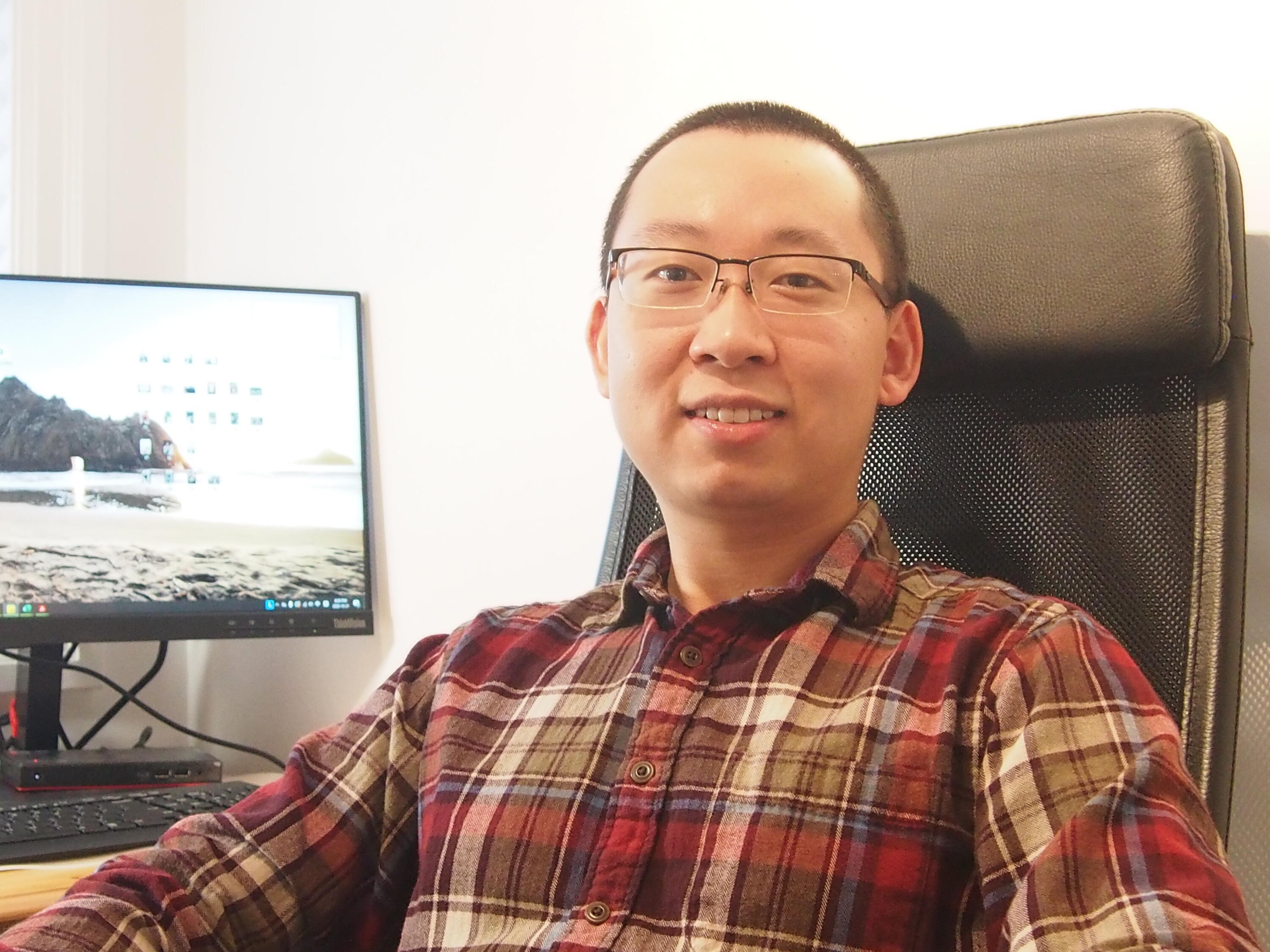
Yang’s primary research focuses on the theoretical aspects of machine learning algorithms. Within computer science his work is cutting-edge, and this year he did a work-study internship with Borealis AI, an artificial intelligence research institute that is pushing the boundaries of what is considered possible in machine learning and AI.
“Machine learning is a hot topic, and essentially a subdivision of artificial intelligence,” said Yang. “The problems I’ve been working on are in machine learning methods that are specific to industry and finance. On the finance side, I’m applying machine learning techniques in computational finance, where I try and exploit deep learning to determine the price of financial derivatives contracts.”
“I like working on the theoretical side and on the application of the theory,” Yang continued. “I like the challenge of taking on new problems.”
Along with his primary research, Yang was also recently involved in a project to help understand COVID-19 transmission and ways to control the spread of the virus. Along with his supervisor, Kimon Fountoulakis of the Cheriton School of Computer Science, and three other Waterloo computer scientists, Yang recently published a paper on human contact networks with respect to transmission and containment. The research project used computer simulations to model the spread of the virus, and specifically the way significant bottlenecks of contact were sites where transmission could be contained.
Yang’s contribution was to create and run the simulations using new computational models from network theory. For his work, he was named as the lead author of the publication.
“The paper on targeted pandemic containment of epidemic diseases is an application in the computational biology domain,” said Yang. “But just because I was the first author doesn’t mean I did all the work, and actually I was surprised to be the first author. The idea was really initiated by my supervisor, and he was the project manager and found all the researchers for the project. They all provided me with guidance on every aspect of the project, so I want to give all credit to my co-authors.”
For Yang, having a supportive supervisor and being able to collaborate on research projects is the key for any prospective PhD student. Finding a research topic for a dissertation, setting up a committee and preparing for comprehensives, and writing papers for conferences and presentations – all of this happens “because of a supportive supervisor,” Yang said.
Asked about a message he’d like to give to other students looking at graduate studies, Yang said it’s all about being willing to adapt and being open to new possibilities.
“You really have a lot of possibilities in life, and you just have to follow your path where it leads. I started my undergraduate studies as a business student. I thought I would be a professional manager in my adult life. Even in my masters, I was not a computer science student.”
“It's not a straight line,” Yang continued. “I made a lot of mistakes, and I changed a lot. There's a lot of opportunities, so it’s important to do what you like and just be open to the possibilities.”